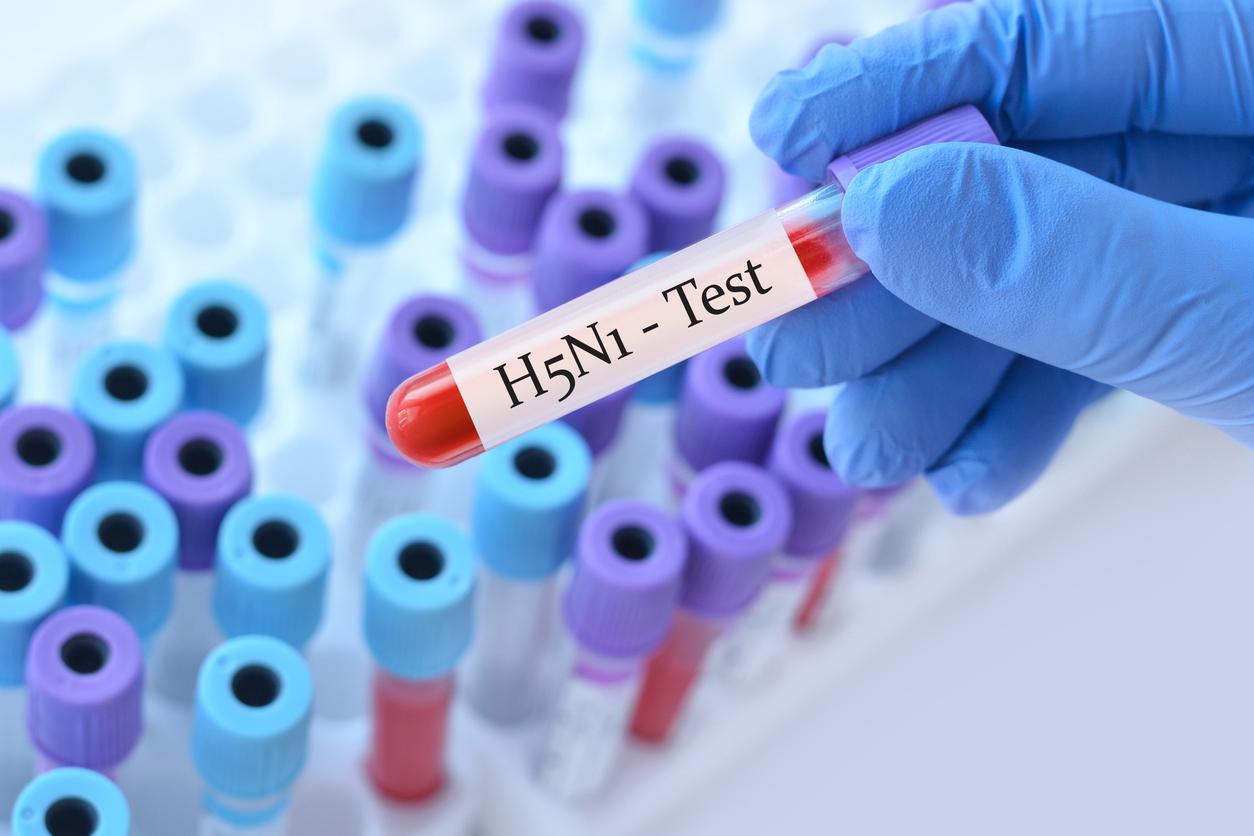Molnupiravir, a drug against Covid-19, causes specific mutations in the virus, according to a new study.

- Molnupiravir was the first treatment recommended against Covid-19 by the World Health Organization.
- A study published in the journal Nature shows that it can increase mutations of the virus.
- The medicine is not authorized in France.
Molnupiravir raises concerns among scientists. First antiviral treatment against Covid-19, recommended by theWorld Health Organization, it was recently the subject of a new study. Researchers from the Francis Crick Institute, the University of Cambridge, Imperial College London, the University of Liverpool, the University of Cape Town and UKHSA found that the Merck drug could accelerate mutations of the virus. Their findings are published in the journal Nature.
Covid-19: molnupiravir acts on the virus by modifying it
The way molnupiravir works is based on these modifications of the virus: it acts by inducing mutations in the genetic information of the virus, or genome, during its replication. “Many of these mutations will damage or kill the virus, thereby reducing the viral load in the body.”, specify the authors. But the drug also caused specific mutations, which subsequently spread. “It belongs to a class of drugs that can cause the virus to mutate such that it is fatally weakenedsummarizes Christopher Ruis, from the Department of Medicine at the University of Cambridgee. But what we found is that in some patients this process does not kill all viruses and that some mutated viruses can spread.”
Molnupiravir: a correlation between the start of its use and the multiplication of Covid-19 mutations
For their work, the scientists used global Sars-CoV-2 sequencing databases to map mutations of the virus over time. They analyzed a family tree of 15 million Sars-CoV-2 sequences to be able to precisely determine the times of appearance of each of the mutations. “Although viruses mutate all the time, researchers identified mutational events in the global sequencing database that appeared very different from typical Covid-19 mutation patterns, and were strongly associated with individuals with took molnupiravir“, they note in a press release. They observe an increase in these mutations from 2022, when the drug was introduced to the market. “Mutations were also more likely to be seen in older age groups, consistent with the use of antivirals to treat those at higher risk, and in countries known to have high use of molnupiravir “they specify.
Covid-19: should we continue to use molnupiravir?
The scientists remain cautious about their conclusions, recalling that they demonstrate an association and not a cause and effect link. “It is difficult to understand the impact of molnupiravir treatment on the risks of new variants and their possible impact on public health, they estimate. It is also important to consider that chronic Covid-19 infections, for which molnupiravir is used, can themselves lead to new mutations..” For Christopher Ruis, these conclusions must be taken into account when “assessing the overall benefits and risks of molnupiravir and similar medicines”. In France, the High Authority of Health did not authorize the processing, in an opinion issued in December 2021.
















